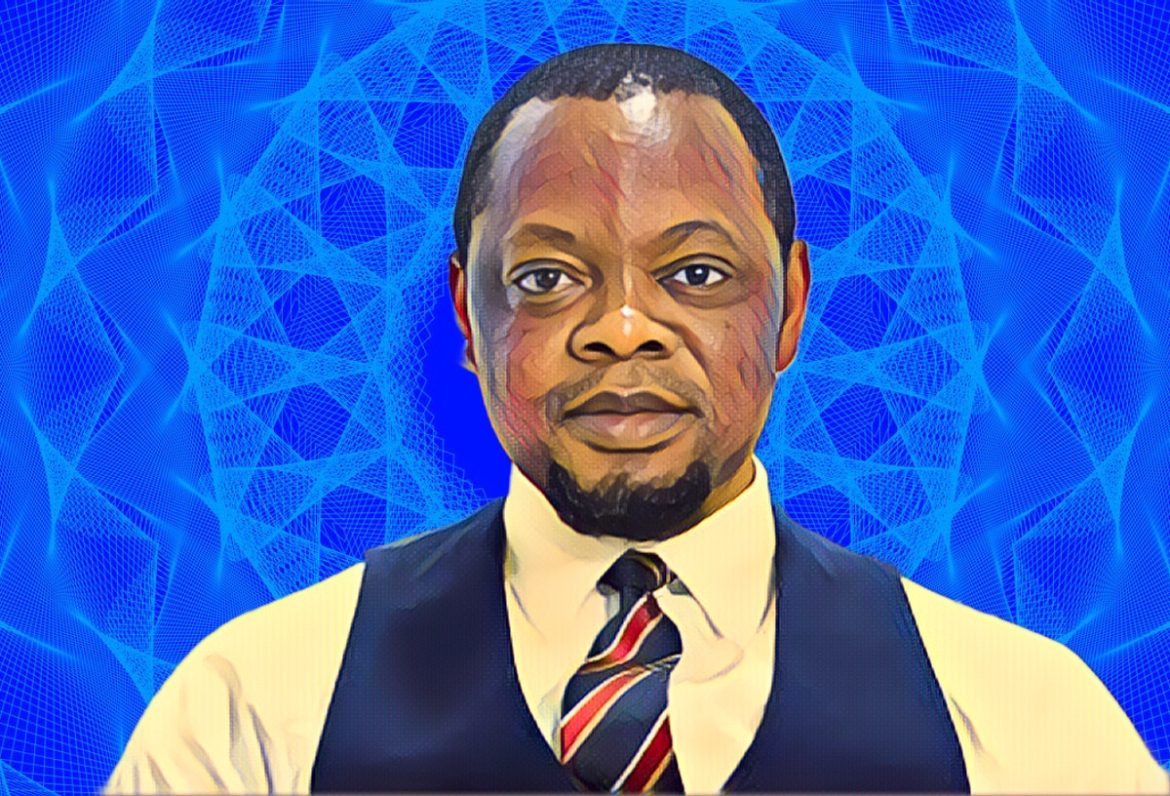KEY POINTS
- Ghana’s Supreme Court ruling raises concerns over judicial power in Parliament.
- Experts debate if the judiciary’s role undermines Parliament’s autonomy.
- The decision keeps four MPs’ seats active, challenging the Speaker’s ruling.
Legal and political experts are debating Ghana’s recent Supreme Court ruling permitting judicial participation in ongoing parliamentary processes, which raises constitutional issues.
A constitutional lawyer from the University of Ghana named Dr. Justice Srem-Sai voiced concerns about the judiciary’s expanding power over legislative issues, claiming it would compromise Parliament’s independence.
Growing tensions in Parliament
Dr. Srem-Sai voiced his concerns on TV3’s Key Points, saying, “Everyone should be worried that the Court can now stop any pending issue before Parliament.”
He stressed that not every issue should be resolved in court, particularly those affecting parliamentary proceedings. This comes amid a tense standoff over parliamentary majority status after the Supreme Court directed Parliament to recognize four MPs whose seats the Speaker had declared vacant.
Political scientist Dr. Joshua Jebuntie Zaato from the University of Ghana also weighed in, noting that Ghana’s system is not based on parliamentary supremacy.
“Ultimate power does not lie with Parliament; it lies with the Constitution,” he said. The recent ruling has added complexity to an already charged situation in Parliament, with each side pushing to establish its majority.
Implications for parliamentary independence
The Supreme Court’s decision to keep the four MPs’ seats highlights the judiciary’s constitutional interpretation function.
This order came after the Majority Leader filed a lawsuit contesting the Speaker’s decision to remove MPs who had filed to run as independents from their seats.
At first, the Speaker’s decision was supported by the opposition National Democratic Congress (NDC), which thought it would sway the majority in their favor.
The Supreme Court’s intervention, however, upheld the status quo and reaffirmed the MPs’ powers while awaiting a final decision.
According to 3news, concerns regarding Parliament’s legislative independence on crucial constitutional topics are raised by the ruling, which, as Dr. Srem-Sai pointed out, represents a change in the traditional separation of powers.
Legal perspectives and future concerns
As the matter highlights the distribution of power across Ghana’s branches of government, legal experts are keeping a careful eye on it.
Some scholars contend that clear constitutional parameters are necessary to prevent potential overreach by either branch of government in Ghana’s complicated debate over legislative authority and judicial oversight.




